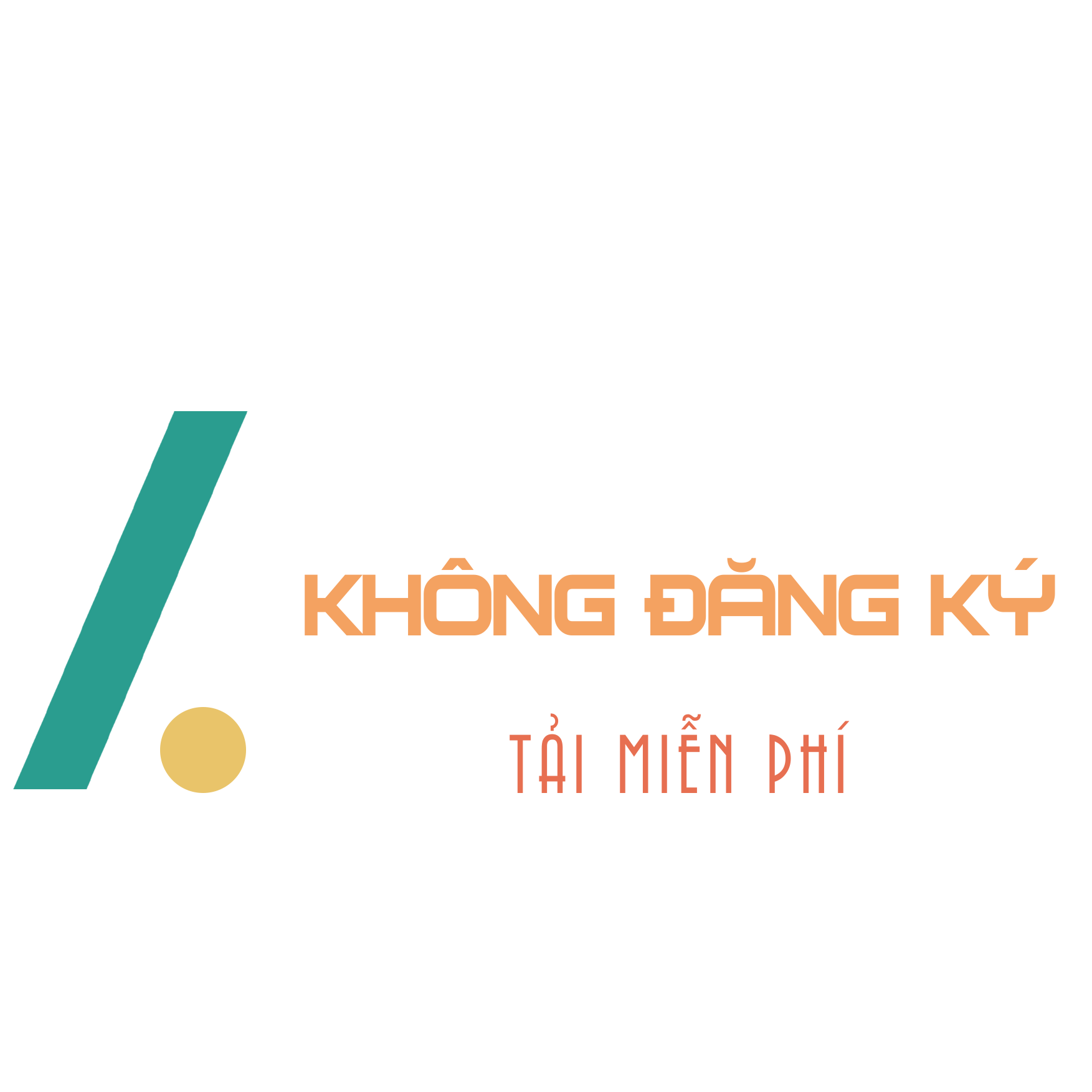Page 1
PASSAGE 27
With 13,000 floral species and over 15,000 faunal species, three newly discovered big animal species,
and a ratio of country/world species of 6.3%, Vietnam has enormous tourism-particularly ecotourism-
potential. In fact, since 1986, when renovation reforms began the shift from a centrally planned to a
socialist-oriented market, or multi-sectoral, economy, tourism has been an sector of primary concern to
the government. In May 1995, the prime minister of Vietnam approved a master plan of tourism
development for the period 1995-2010. In February 1999, the state decree on tourism was part of the
socio-economic development strategy for the period 2001-2010 approved at the IX National Congress of
the Party: “Tourism development has become a spearhead economic industry indeed. It is necessary to
improve the quality and effectiveness of tourism activities, bringing into full play the natural conditions,
and cultural and historical tradition to meet the domestic and international demand for tourism and to
catch up with tourism development in the region” (Document of the IX National Congress 2001).
Tourism has so far brought great benefits to the economy, but it has also contributed to environmental
degradation, especially biodiversity deterioration. Thus, the concept of “sustainable development”—
development which meets the needs of the present without compromising the ability of future generations
to meet their own needs—must be factored into tourism development. This consideration is reflected in
the term “ecotourism,” which is referred to variously as ecological or environmental tourism, nature or
green tourism, sustainable or responsible tourism.
Ecotourism involves travel to relatively undisturbed natural areas with the specific object of studying,
admiring, and enjoying scenery, plants, and animals, as well as any cultural features found in these areas.
It is distinguished from mass or resort tourism by its lower impact on the environment, lower
infrastructure requirements, and its role in educating tourists about natural environments and cultural
values.
Fully aware of its significance, the government of Vietnam has prioritized ecotourism in its strategy for
tourism development to ensure both sustainability and economic benefits. Though ecotourism in Vietnam
is at a beginning stage of development, it is expected to grow strongly through support from government
and international organizations.
Question 1. How many types of plants does Vietnam have?
A. Thirteen thousand
B. Fifteen thousand
C. Sixty three
D. Three
Question 2. When has tourism officially contributed to socio-economic development?
A. Since 2010
B. Since 1995
C. Since 1999
D. Since 2001
Question 3. It can be inferred that in the late 20
th
century Vietnam’s tourism
.
A. has never been a spearhead economic industry
B. was not as developed as that in other Asian countries
C. has always been effective and necessary for economy
D. did not need natural conditions or cultural traditions
Question 4. Which of the following is NOT mentioned as “ecotourism”?
A. Environmental tourism
B. Green tourism
C. Responsible tourism
D. Resort tourism
Question 5. Ecotourism is mainly for
purposes.
A. entertaining
B. educational
C. relaxing
D. advertising


